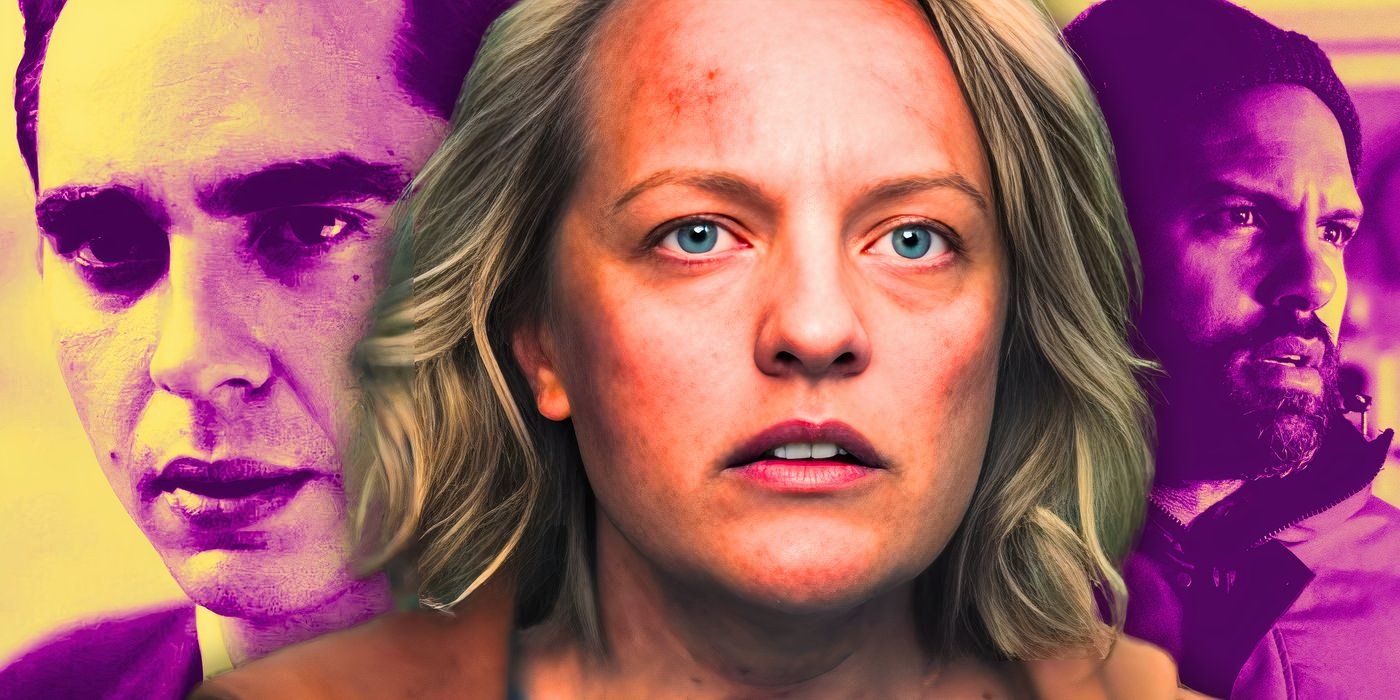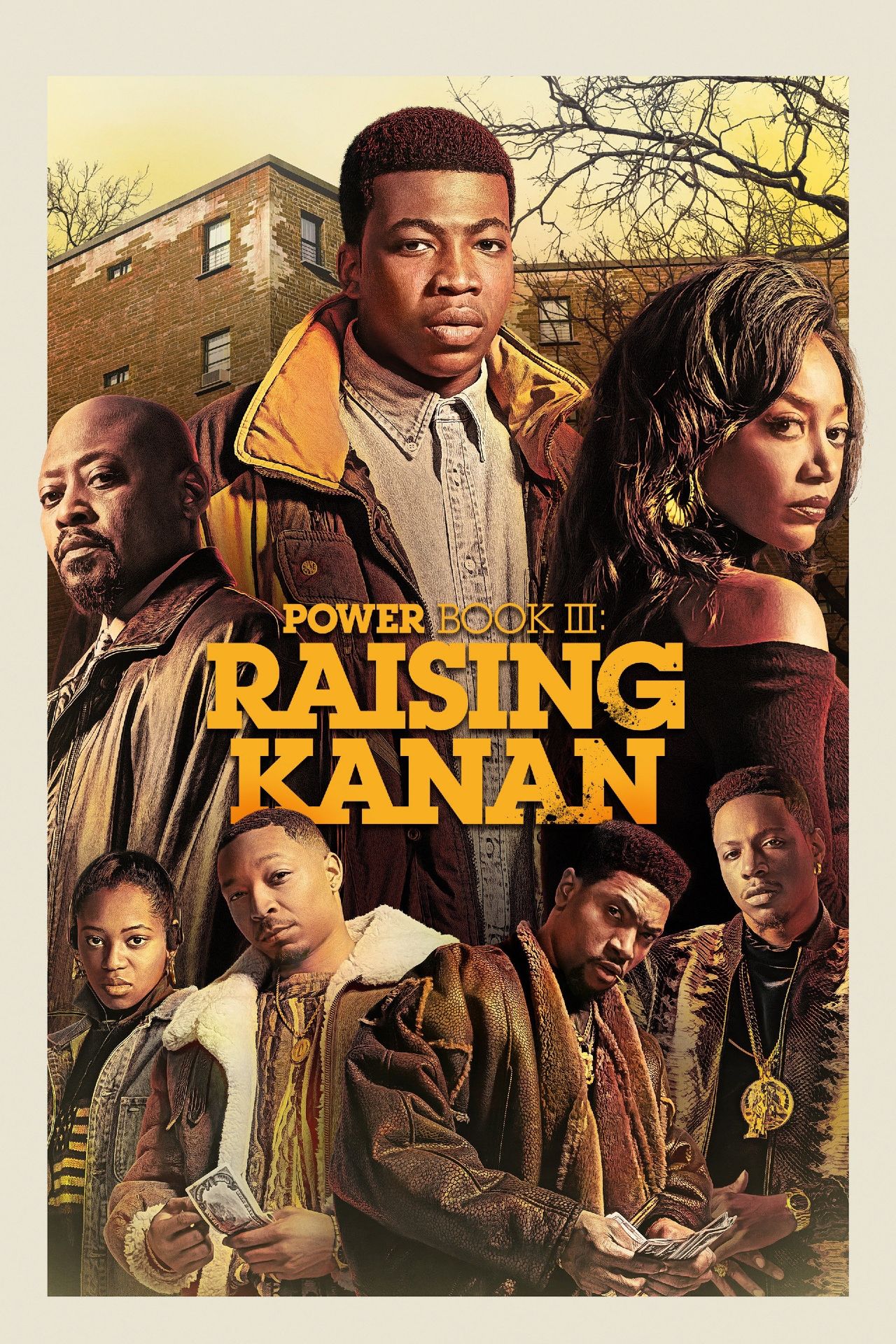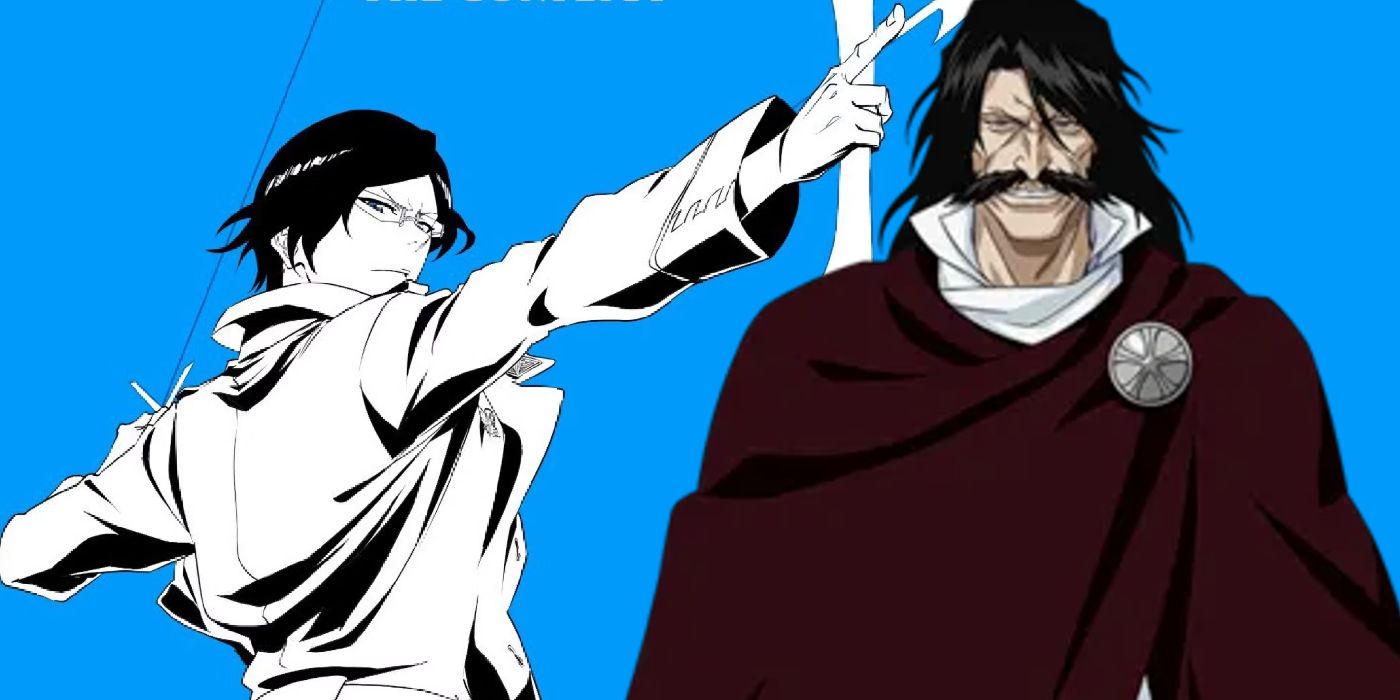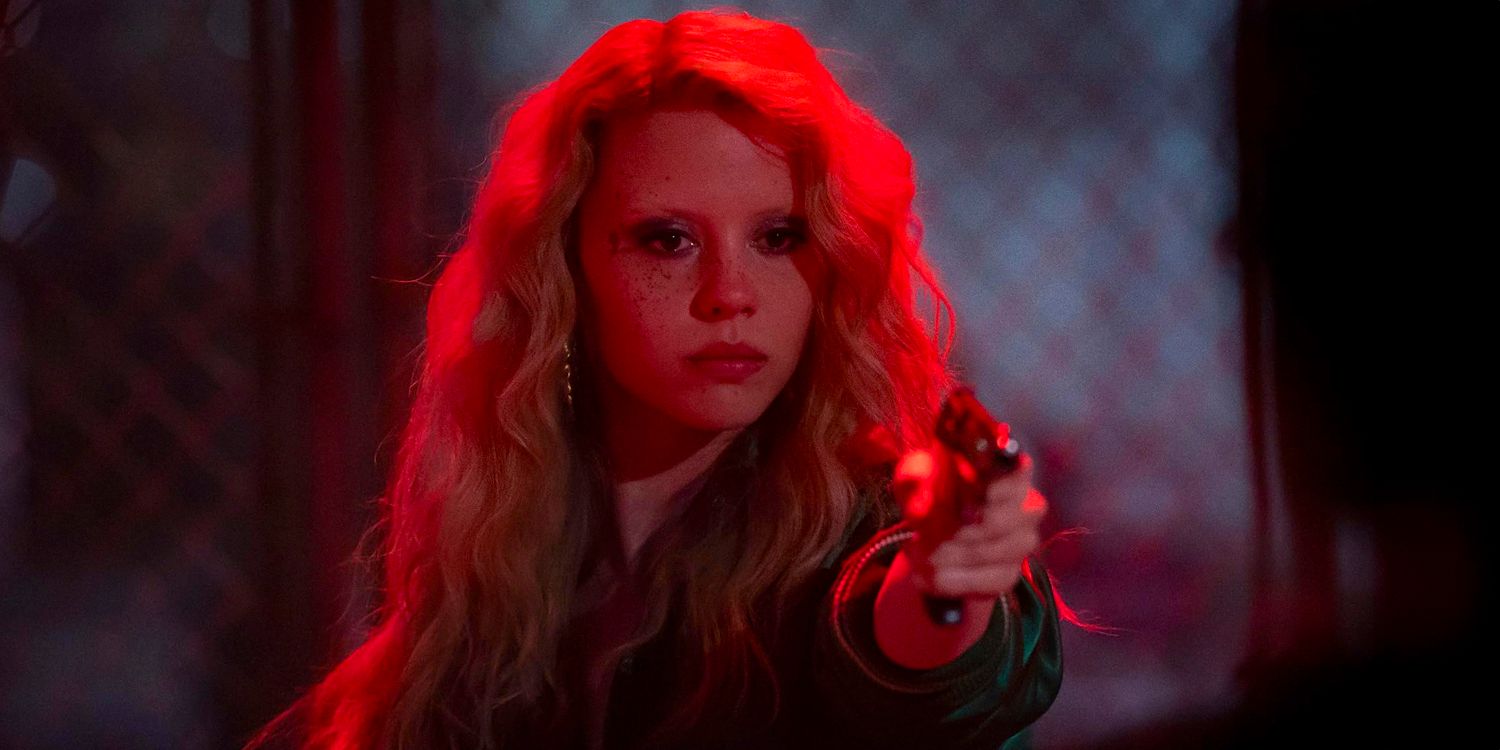Ralph Macchio best known for his role as Daniel Laruso in the Karate Kid franchise, has constantly been working since he received his first role. He has worked in many big films like The Outsiders, Crossroads and My Cousin Vinny. Not to mention many guest appearances on many TV shows. He has directed short films and is now reprising his role of Daniel in the new YouTube Red series, Cobra Kai.
In this interview, we discussed The Karate Kid’s 35th anniversary, the movie’s enduring legacy in pop culture, and much more.
Ralph Macchio: How are you?
I’m doing good. Thank you so much for taking the time to speak with me.
Ralph Macchio: I know it’s good. It’s good. It’s fun. It’s a subject that keeps giving back. So I’ll talk about it as long as people want to hear it.
Thank you. Congrats on the success of Cobra Kai and the 35th anniversary of Karate Kid. First off, explain to me how you felt when you realized that it’s been 35 years and this story in franchise is still going strong.
Ralph Macchio: Well, you know, it never ceases to amaze me that, first of all that it’s getting that long. That’s a whole other thing that’ll take up the whole interview. The fact that that many years, how many years is gone and I’m trying, I’m in denial. The clock keeps ticking, but when the clock keeps ticking and you could have something that still resonates for decades on end and now we’re talking into second and third generations it’s a pretty, it’s a pretty wonderful thing, you know, and to see the success of the Cobra Kai series off the source material, which was the original Karate Kid film, that you can still take characters from that time and combine it within the nostalgia yet create a fresh, a relevant take in 2019 and it’d be appealing all the way around is you know, that’s, that’s the cherry on top. You know what I mean? It’s really special.
Yeah. For me personally, I like, I’ve dealt with bullying and getting picked on a lot in school. So when I first saw the film it really did help me. What does it mean to you to have a film that like really resonates with a lot of audiences and really pushes them to a stand up for themselves and really look past, you know, all these, all these situations that Daniel went through in the movie.
Ralph Macchio: Yeah. That’s a great, great question. And one that I love to dive into. Yeah. That’s the beauty of what happened with the release of The Karate Kid back in 1984 and still to this day is that people connect. It connects on a level. It’s relatable. Daniel Russo was the every kid next door. And and I think that’s one of the things I’m most proud of with that character is he was relatable in a way that he kind of had no business winning anything. Yeah. So we all felt that we walked in those shoes and we felt the outsider or the fish out of water or the diminutive one and a social environment. And yet, obviously with the magic of of the Han Yoda, as I call them, Mister Miyagi character, which is part of the wish fulfillment and the aspirational element of the film and the story there is that, that inner confidence that he gains.
And having those lessons and leaping those hurdles, I think us as the viewer to feel like, well, we could be this kid and I’ve been in that situation. So it’s inspiring in that way. And I have people to this day, I’m up into their forties, 50s and 60s, that let alone the younger generation that are moved by this film and tell me stories of how it got them through a difficult time or if they had an ailment and it was the movie that they just kept on the loop and, you know, because it made them feel good. And that’s part of how, you know, stories can connect and how film can connect in a way, you know, where the arts can reach the poignant. And in this case this is the popcorn movie that had been, still has those han elements. And that’s I think why we get to talk about it in 2019 with such relevance.
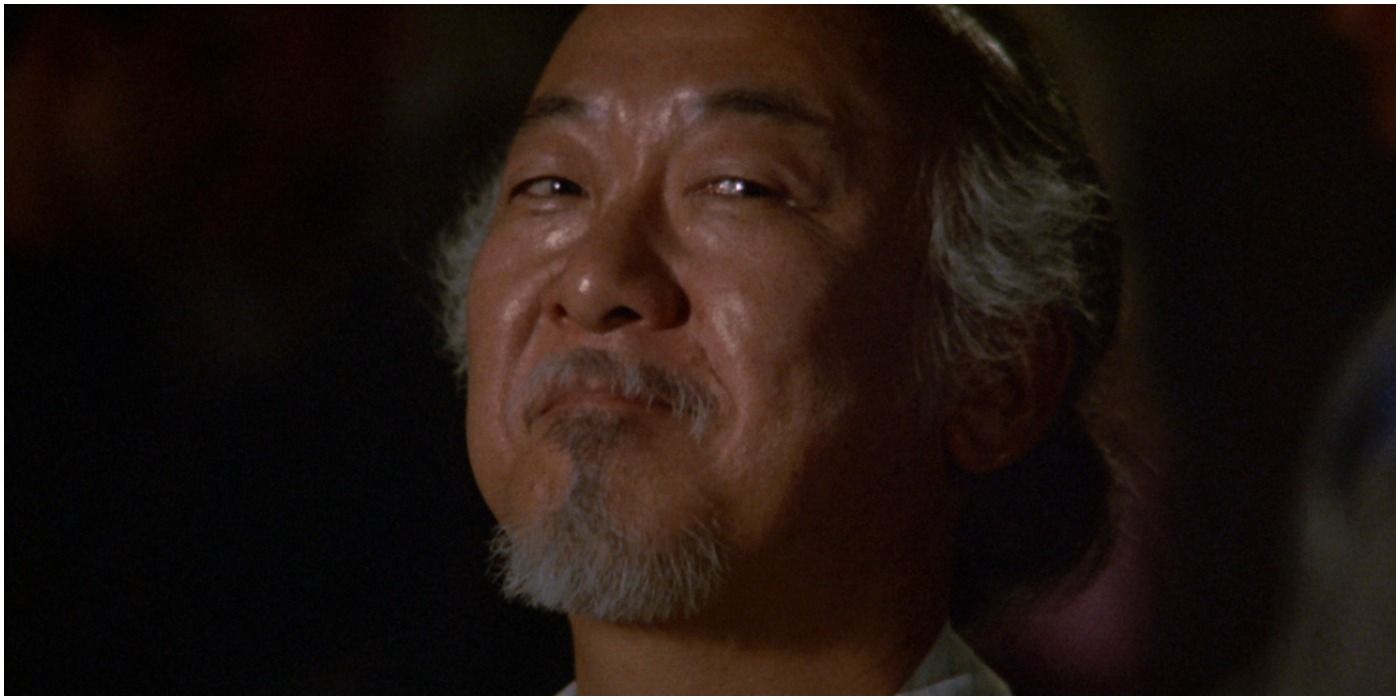
Yeah, now speaking on Mr Miyagi and Pat Morita. The dynamic between you guys was very interesting because Daniel grew up without a father and Mr Miyagi, lost his son. Describe to me how it was working with with Pat and were there any interesting stories that you guys had or did you guys keep in touch after filming the third film?
Ralph Macchio: Yeah. Well, listen, we had something that was really special on screen and off screen as well. He knew it before I did. Well, he’s, you know, he was wiser and more experienced than I was at the time. He felt that he was playing a role of a lifetime, which he was. And he really took a lot of care. And I’m in representing the Japanese American community. And you know, The Karate Kid is the first mainstream movie studio movie at the time that ever dealt with the internment camps. So situation during World War II and that wonderful scene when we call the drunk scene, or as he used to call my Academy Award nominating scene. So he took great pride and care and responsibility and being true to that character. And also you know, not making a cartoon of him you know, so and that as it years later I realized that more and more as I look back because now, you know, as I’ve gotten older at that became clearer in my mind and solidified in my mind.
We had a great relationship and after the films he was better at staying in touch then I was at first, and then we both always stay in touch up until, you know, obviously he passed away over 10 years ago now. And so he’s sorely missed. And he would have loved to see Cobra Kai and what happened, what has happened with this and all that. Boy, I, you know, I could have used them, you know, that tough adversaries. But it’s one of those special things that only comes around sometimes once in a career, if that, to have the ability to, to have a sort of, kind of soulful magic that that we had together on screen. And you know, you can’t teach that either that’s going to happen then click or it isn’t. And he was a comic at heart too, so he’s a funny in between takes is cracking jokes for chokes. There’s need stoop to every level just to get a laugh and between, you know, and that, that was that was bad.
Nice, nice. Tell me about Kid part two. Now, when I rewatched it, I kind of watched it and watched the first one and then I watched the third one and then watch part two. Was part two always going to be the second part of this franchise? Or did you guys feel like, did they want to explore more of Miyagi in your story in part to, rather than going straight to part three?
Ralph Macchio: Well, I’m, I’m slightly confused. Give me that again. I just maybe not sure.
No. When I was a kid, when I first watched the films, for some reason I watched a part one, three, then two. And that made sense to me in in a way. But after going back and watching the story a little bit more, was that always the plan to have to have it in that order?
Ralph Macchio: Yes, we made the first movie in ’83 and it came out in ’84 and part two, which went over to Okinawa and you explore the, you know, Okinawan and culture and, and which I think is a quite good sequel. ‘Cause then you got to learn the other side. And so where Miyagi was from was always lined up and aquatic important three was, you know, it was back at that one, went through that script, went through many incarnations and, and I wasn’t totally clear it ever got to the place that needed to be personally. It felt a little bit like we were going back to the well of what we did in the first time but not quite as as magical. But yeah, there were always that was always the sequence and the, and the order, you know, I think it came at ’84, ’86 and ’89 when it, or when those films came out.
Now were there any specific story arcs that you wish that you explored with Daniel’s character throughout the series?
Ralph Macchio: It’s interesting ’cause some of them were getting to touch on and potentially revisit in Cobra Kai 30 years later and I can’t give away any of that stuff. Certainly. Hopefully for seasons to come. I’m just looking at season two right now, which is coming pretty soon. There’ll be an announcement very semester when that launches. I can’t say it because I’ll get in trouble, but still there are certain characters in certain storylines from the past that can be picked it up and as was true in season one. And so that’s kind of exciting. And I think everyone always felt that the departure of the Elizabeth Shue character of the alley at the opening party get to have been handled better and it didn’t seem a true or real to what would have been the case.
So, Mrs Lorusso, Randy Heller, who has appeared in season one of Cobra Kai. It was really terrific to have her back. That was another element that was, you know, I think at that point, the studio just focused on obviously Daniel and Miyagi. And because that was the core of the movie and the success of it, and some of those other characters I think could have been addressed in the sequels and woven back in. But that’s the beauty of now doing Cobra Kai. You have more time when you’re doing a series then when you’re just telling one, two hour movie story.
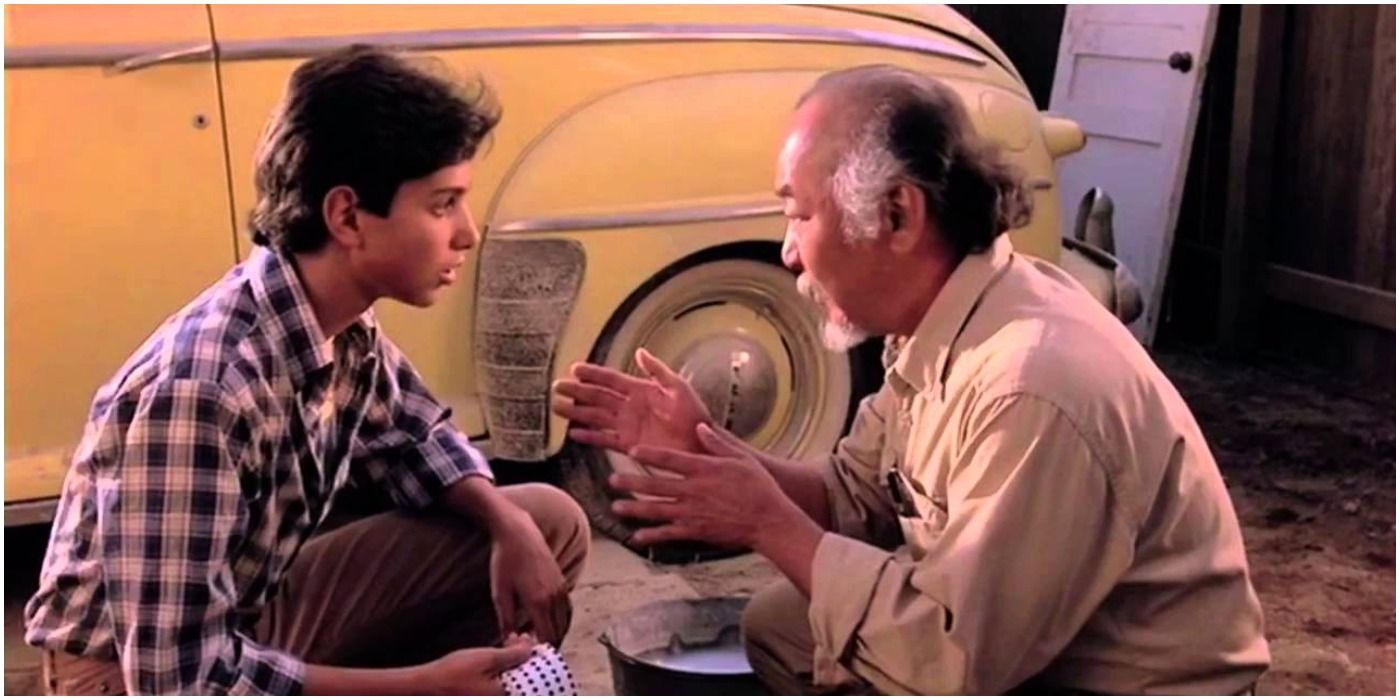
Yeah. Now transitioning into this and being the star of your own film, were there any interesting stories or interactions you had with fans on this wild rollercoaster ride that you had after the first film?
Ralph Macchio: Oh yeah, they were. I’m trying to think of what – I got to job my brain from you go back 30 something years. The Outsiders is, you mentioned as well, has a massive amount of fans because the book is so successful and still read in schools today. Funny thing about that is I still meet kids of today, they just see that film and actually think that I’m still like… I have to remind them that I’m like over 50, you know, they think I’m this Stegall Ponyboy and kid. You play a character that’s, for lack of a better word, my tonic or shall I say, frozen in time where he becomes a piece of everyone’s childhood.
When you meet people, they think that you should still be a piece of their childhood. It’s a unique existence being someone that that was arguably frozen in time. That element where you stole the movie, what you were doing that day. There are certain films that you remember that have an impact on you that you actually remember that day or where you saw it. And and The Karate Kid, for whatever the reason, is that type of film. So when I meet them, even to this day, there’s a heightened element of excitement because that film touched them in so many ways. I was just a lucky guy. I’ve got to play the part. I tried to be humble about it.
Yes, yes, definitely. Now with your experiences with working on The Karate Kid, did this help shape your career going forward? Did it help you decide that you wanted to continue acting?
Ralph Macchio: Well, listen, working with John Avildsen who was our director on all three that I did was a great inspiration and teacher at the time. I didn’t know it years later, and this happens with all of us, you have a teacher that you don’t quite recognize how much you’re gaining from. And by working with Avildsen on three films and seeing how he prepared and shot the scenes, the action scenes as well as the heart and soul scenes of the film, you know, certainly they had a big impact on me as an actor and as a storyteller. And I went out to direct a few short films that I made myself as well, and I used those experiences to move me forward. You know, and certainly when you have Francis Ford Coppola and The Outsiders directing you, and then John Avildsen directing The Karate Kid, that’s it. It’s a pretty good launchpad to to become inspired. And in a way it made it tougher when I worked with directors with less ability and experience because I worked with some of the best and the in the business. So you know, and I did not take that for granted and if I did, then I certainly don’t know.
More: 20 Wild Details Behind the Making of The Karate Kid
